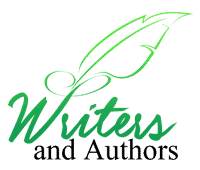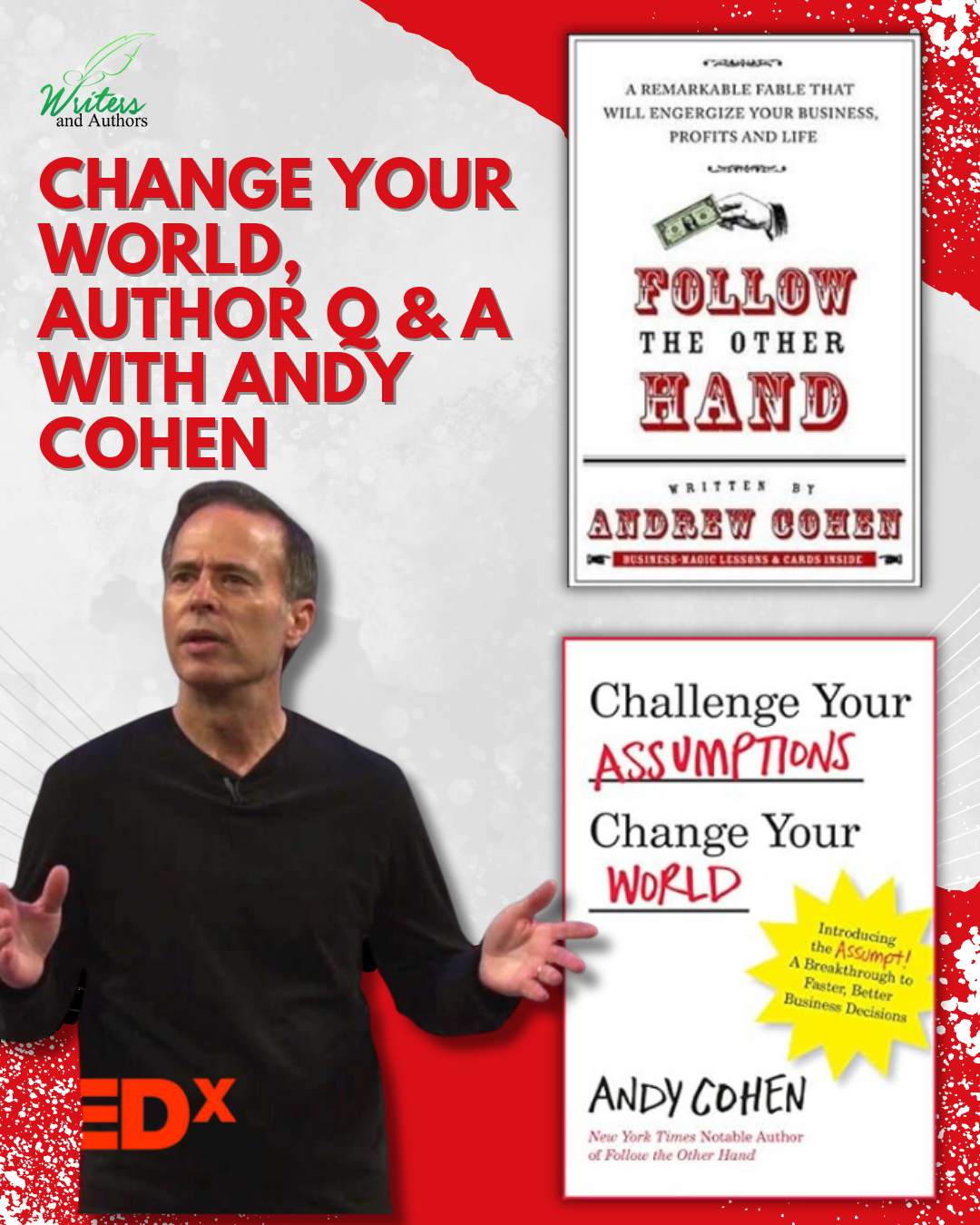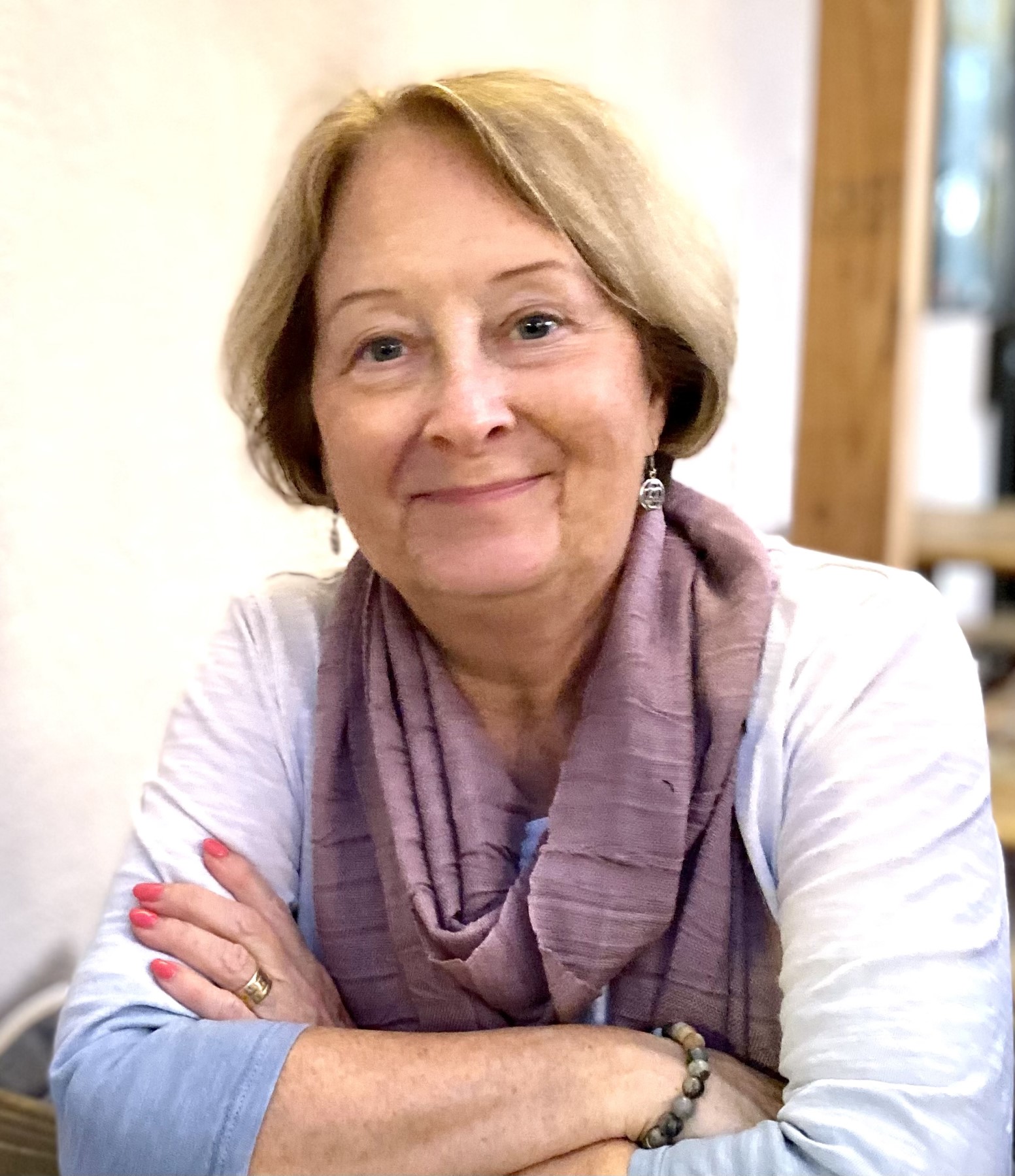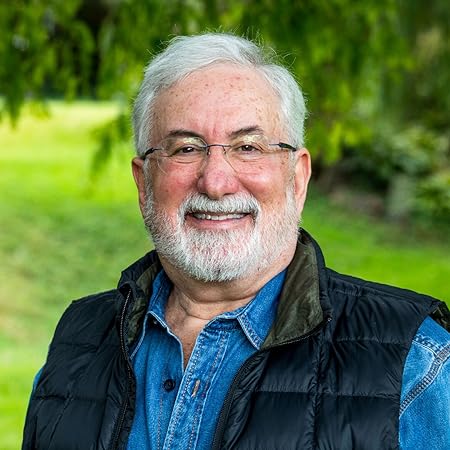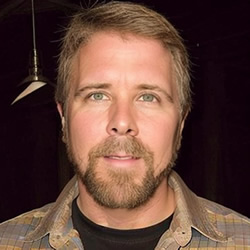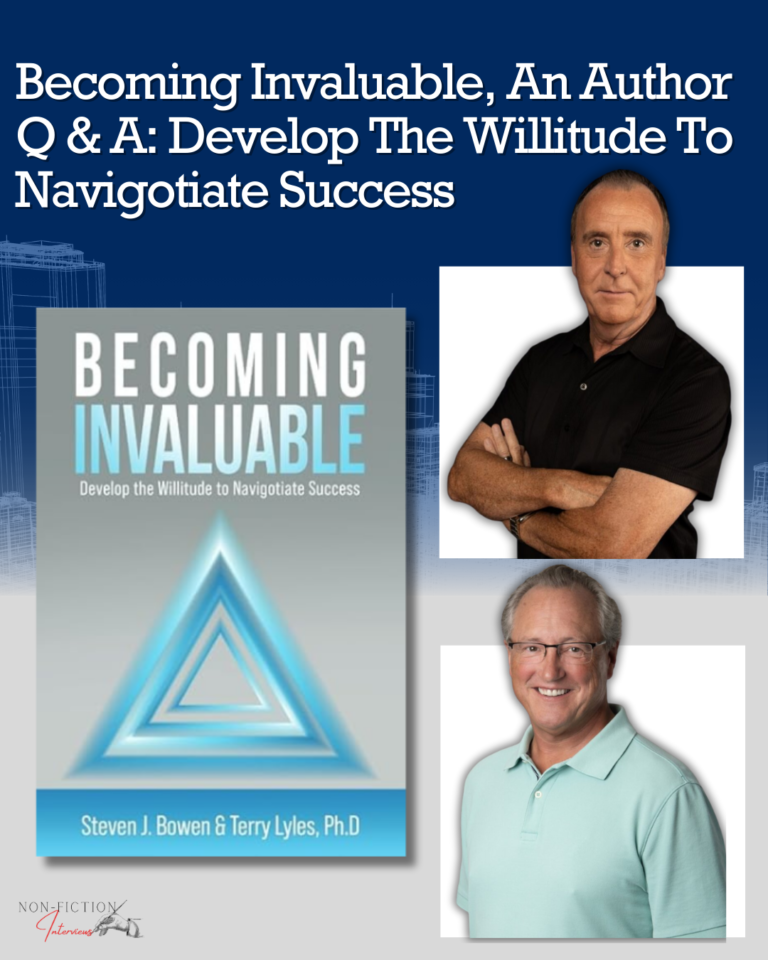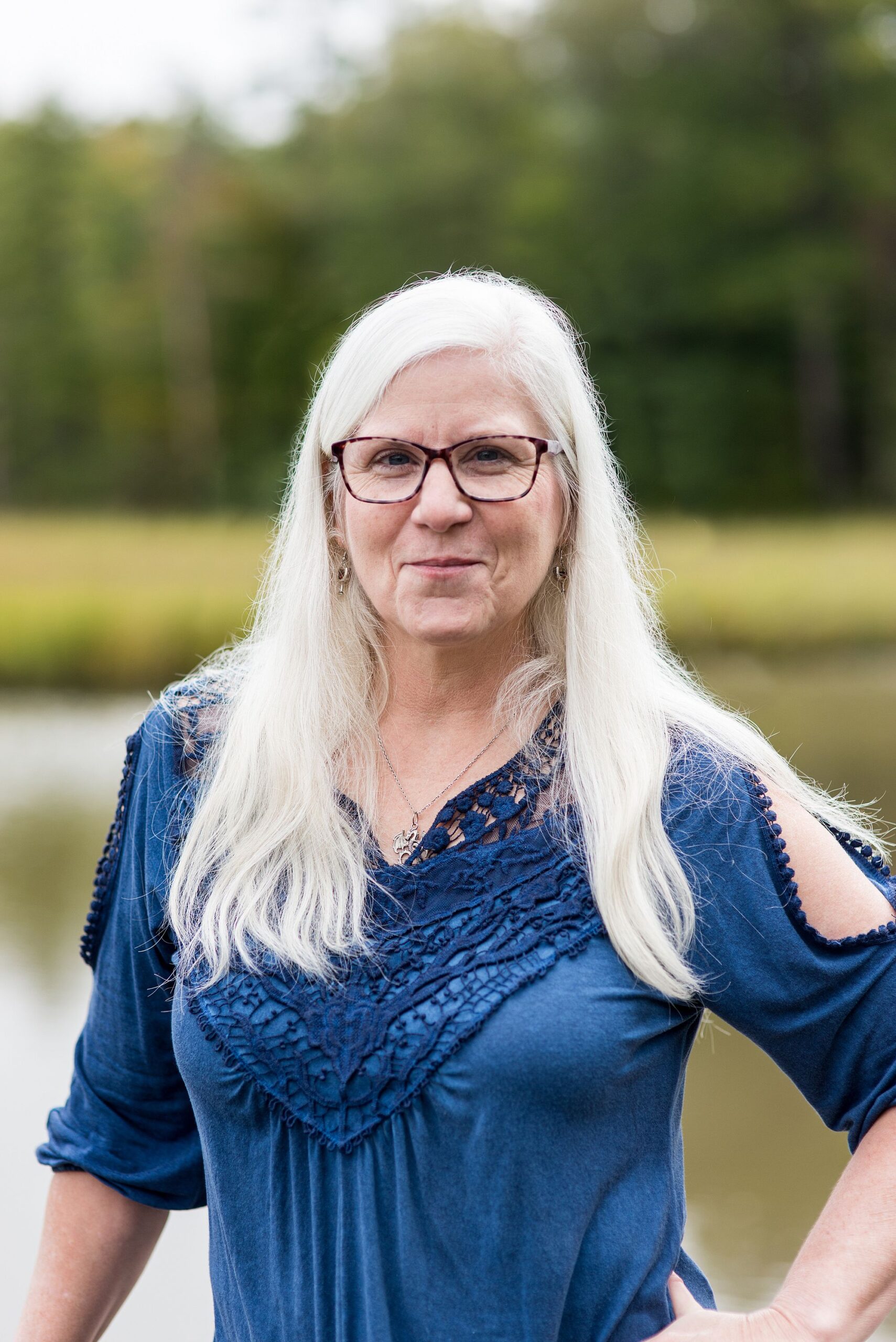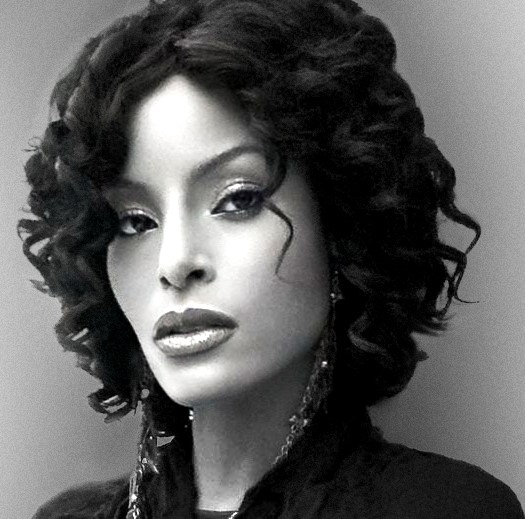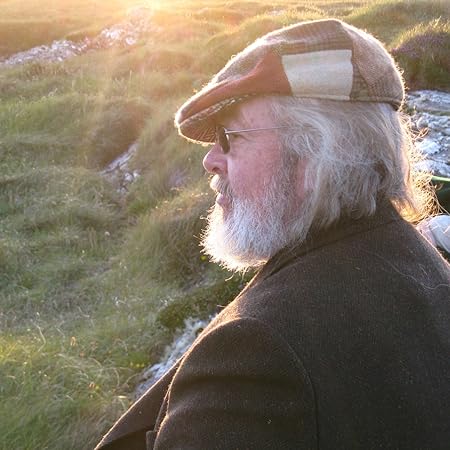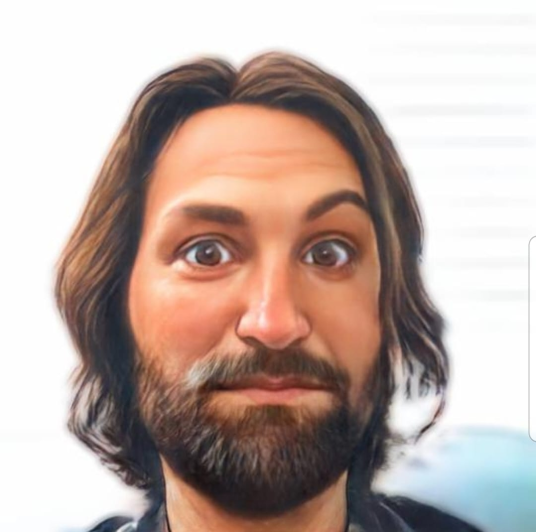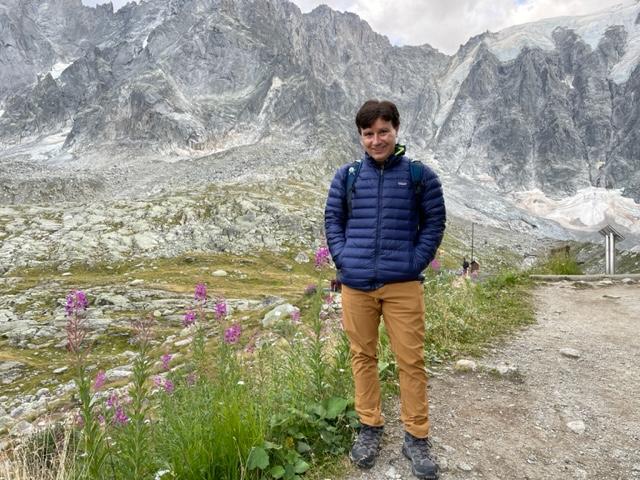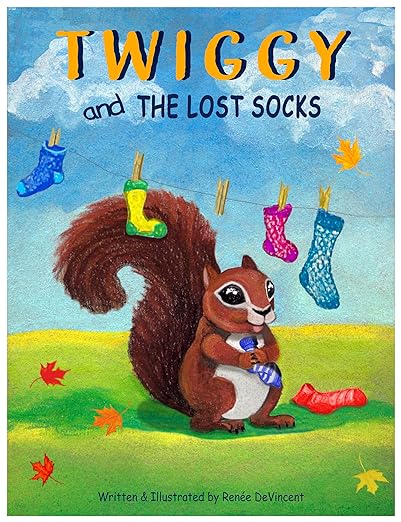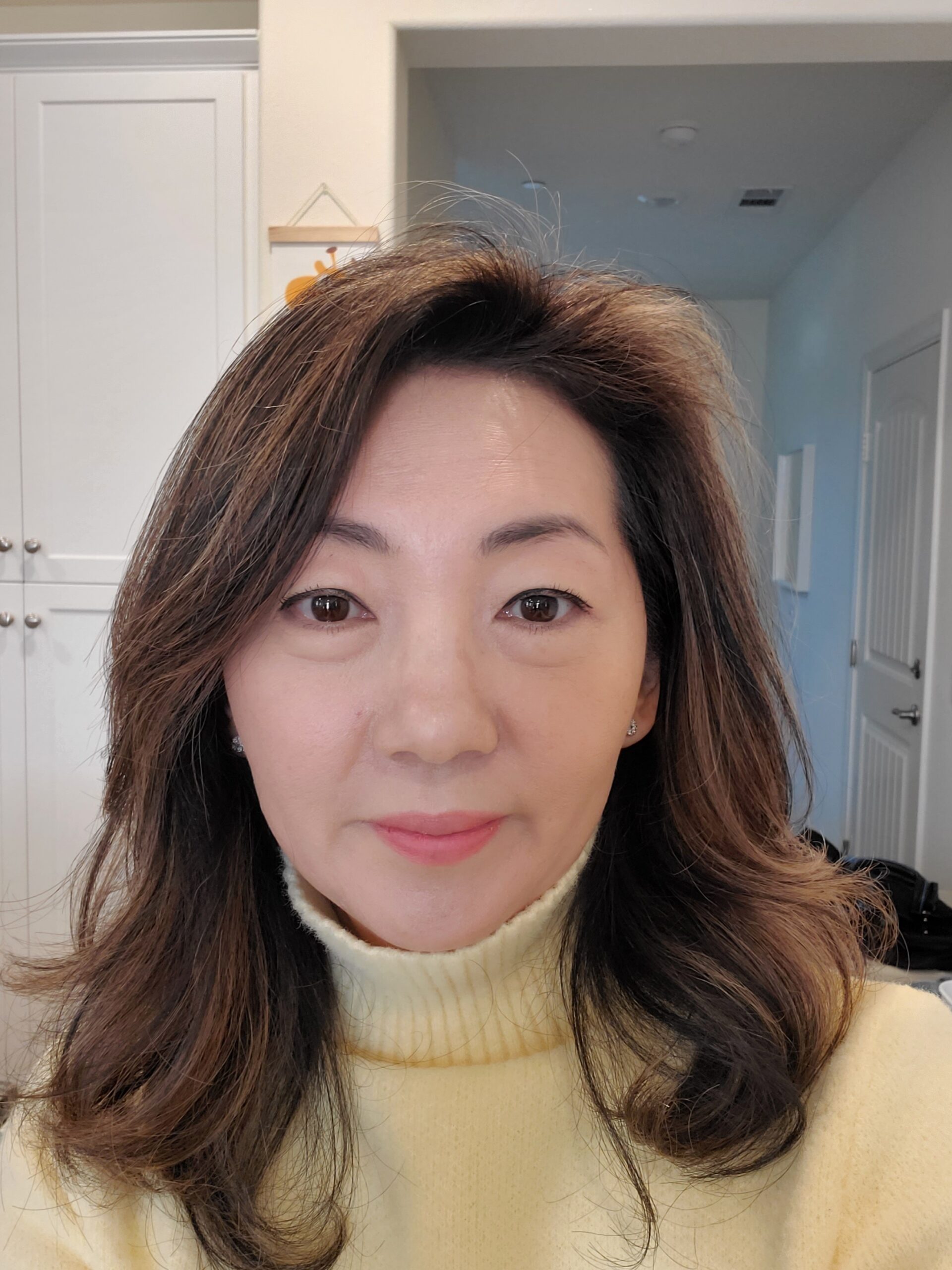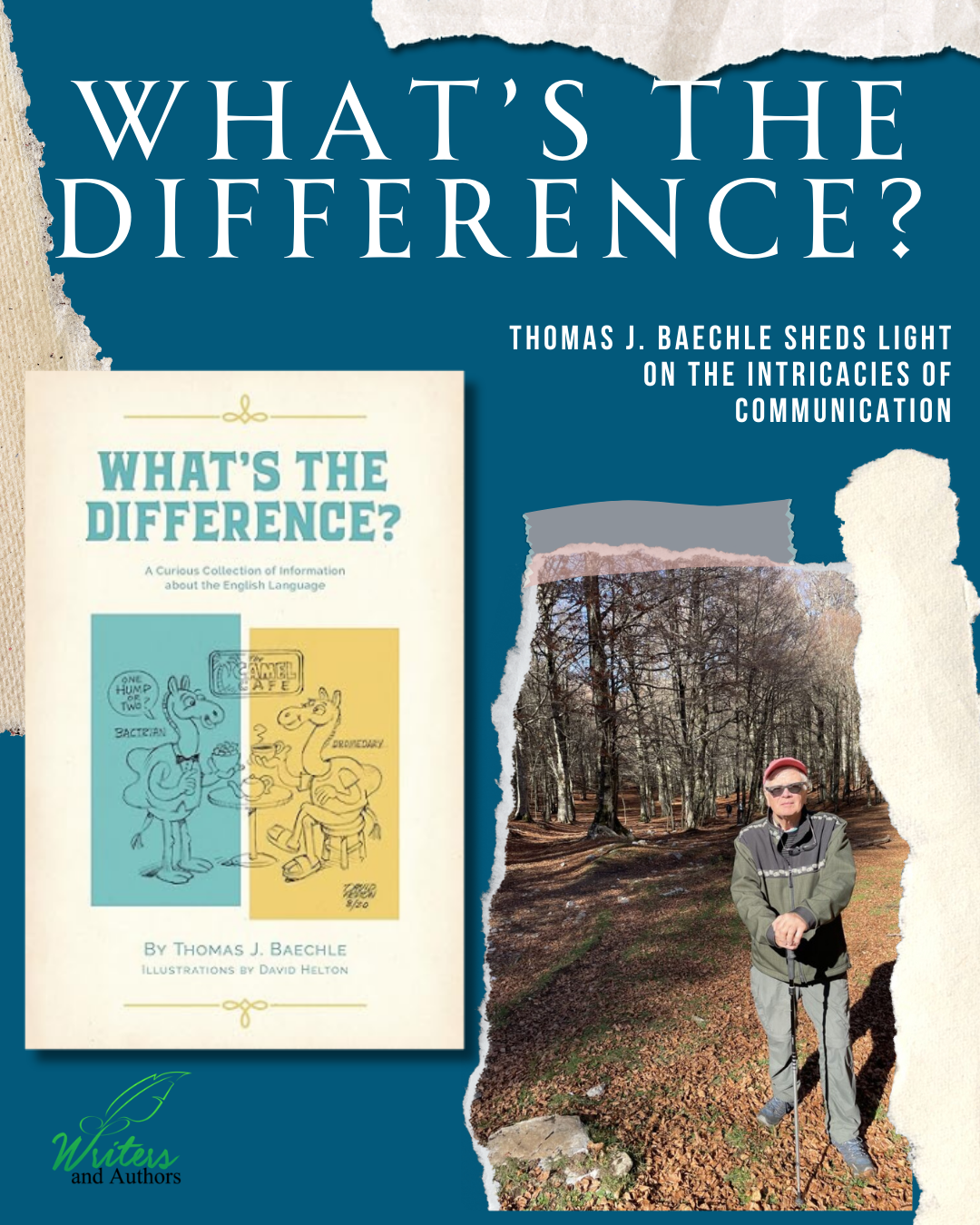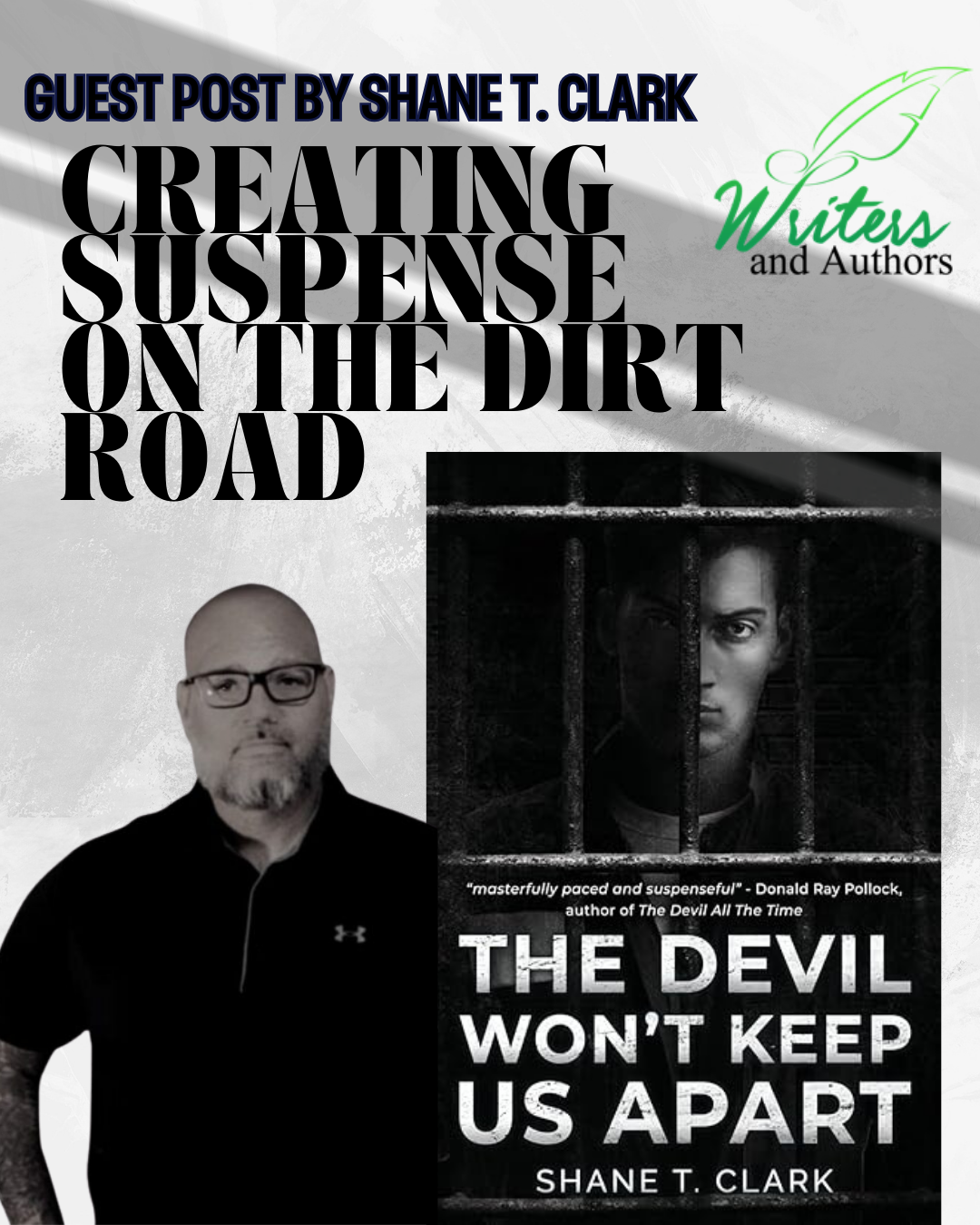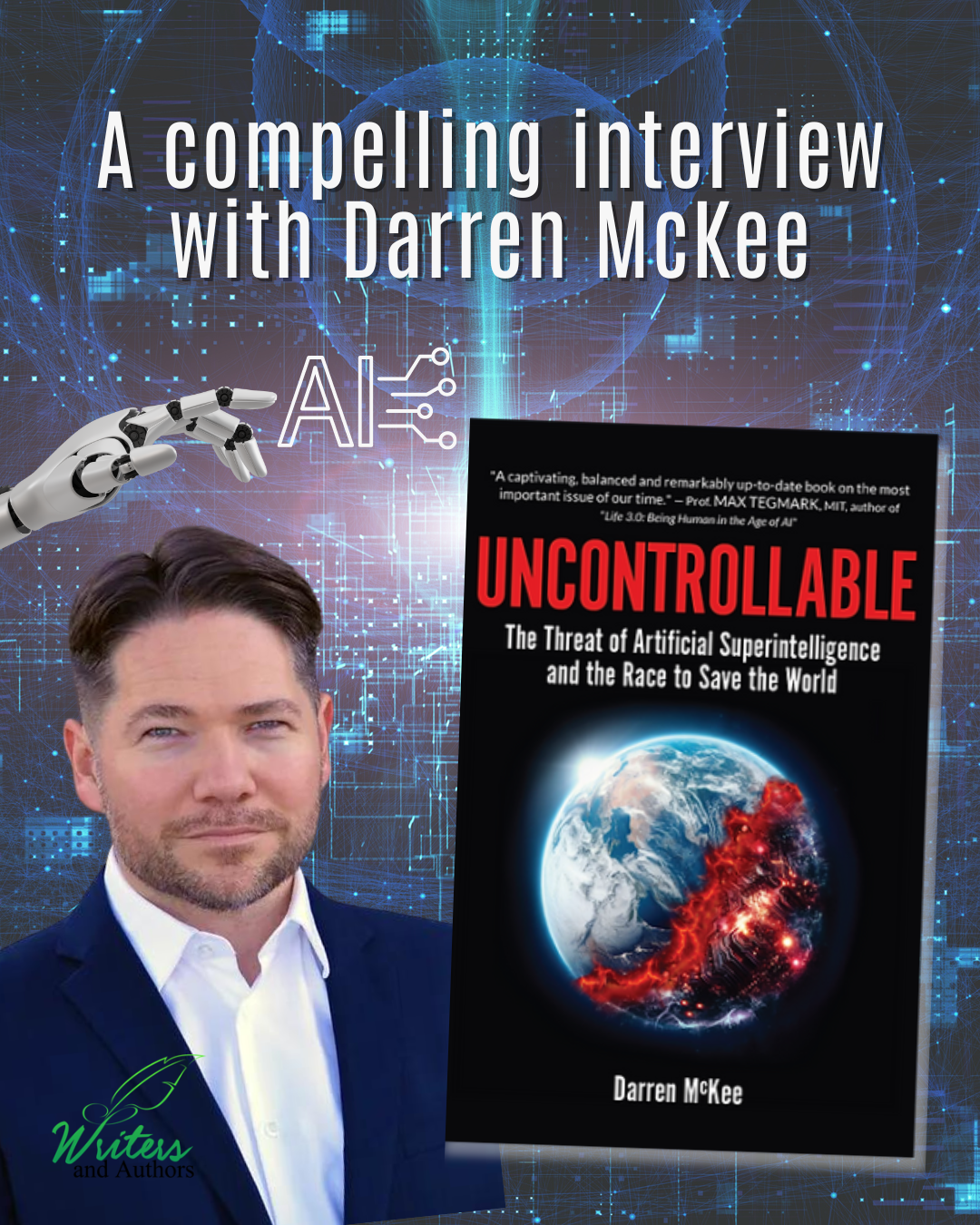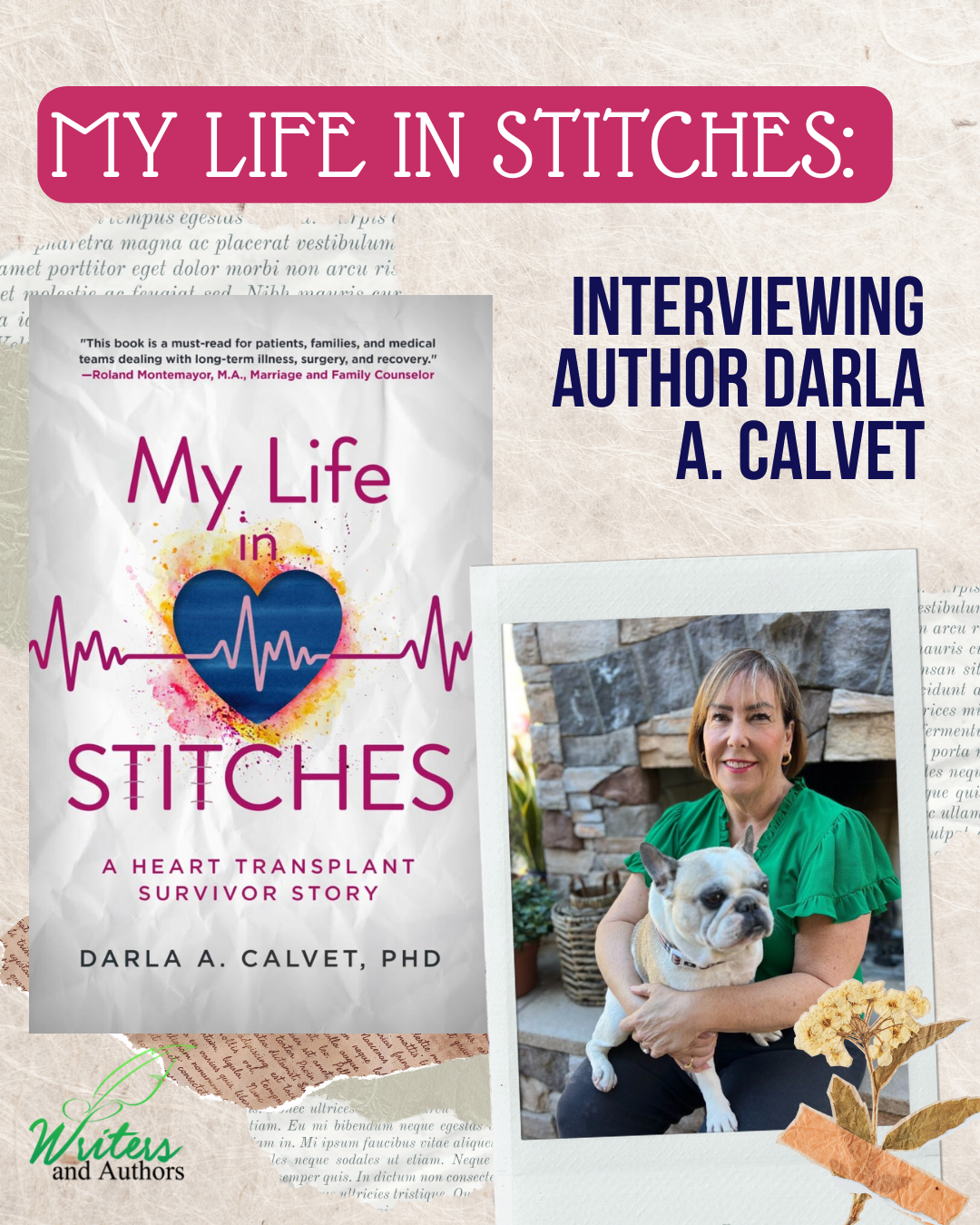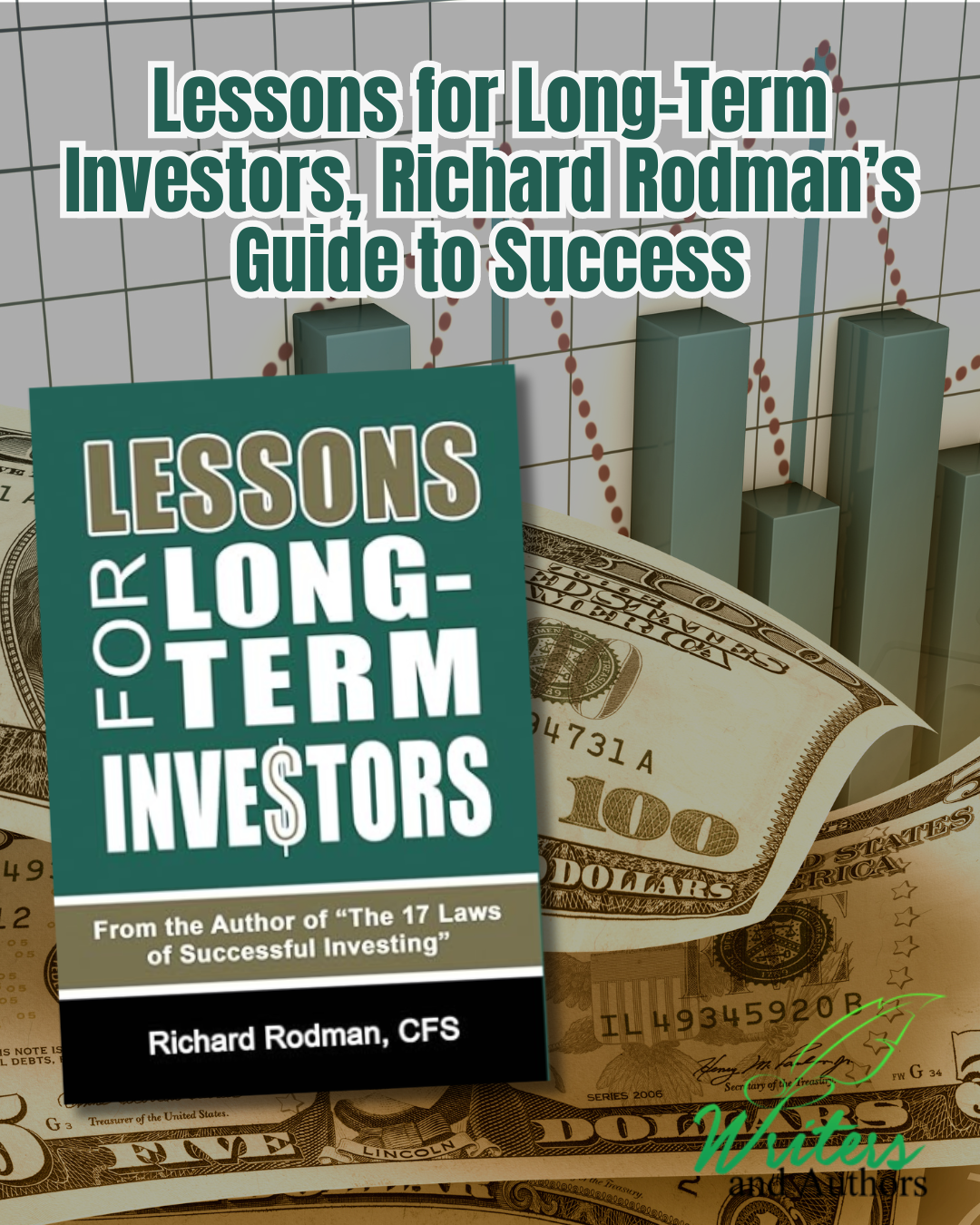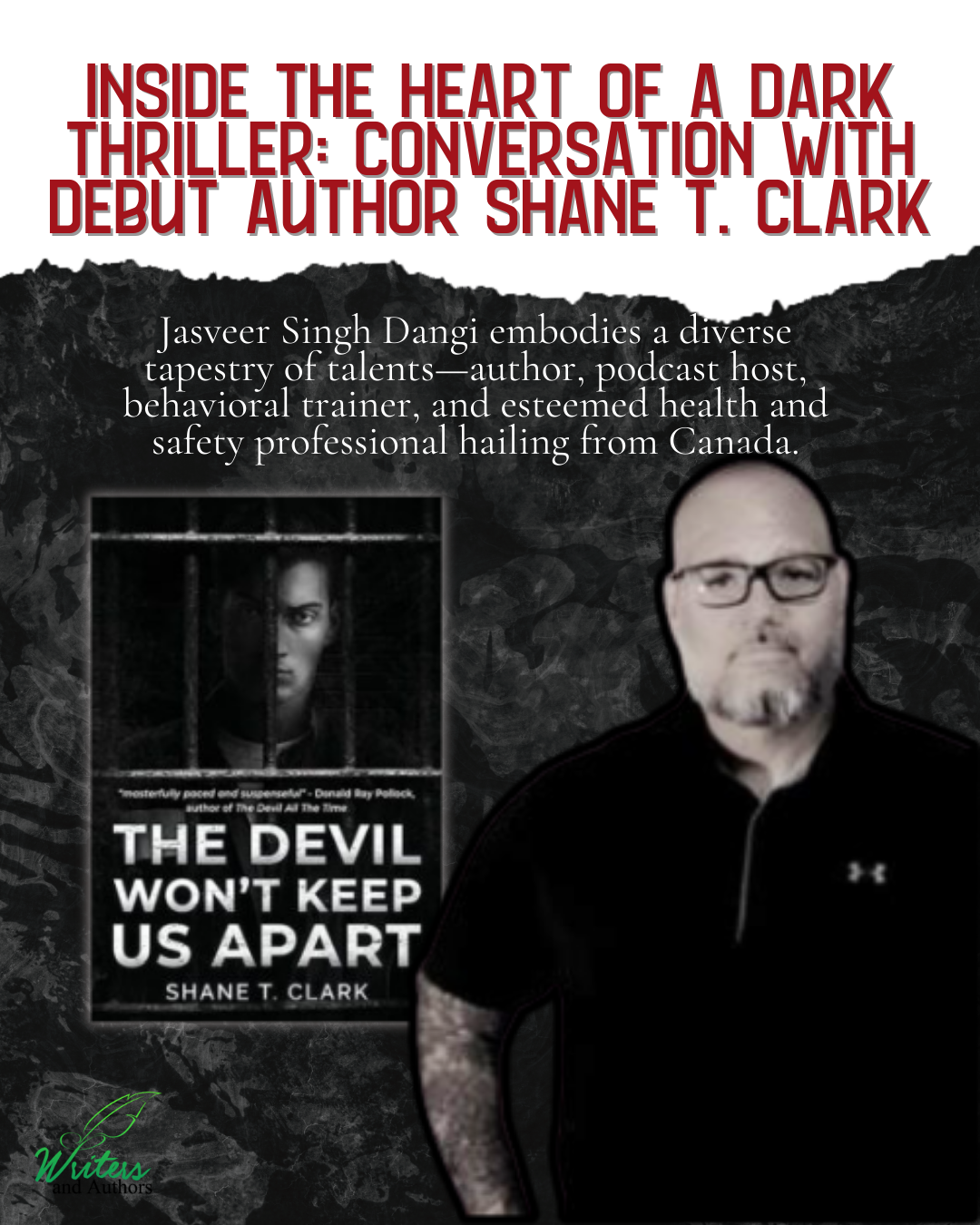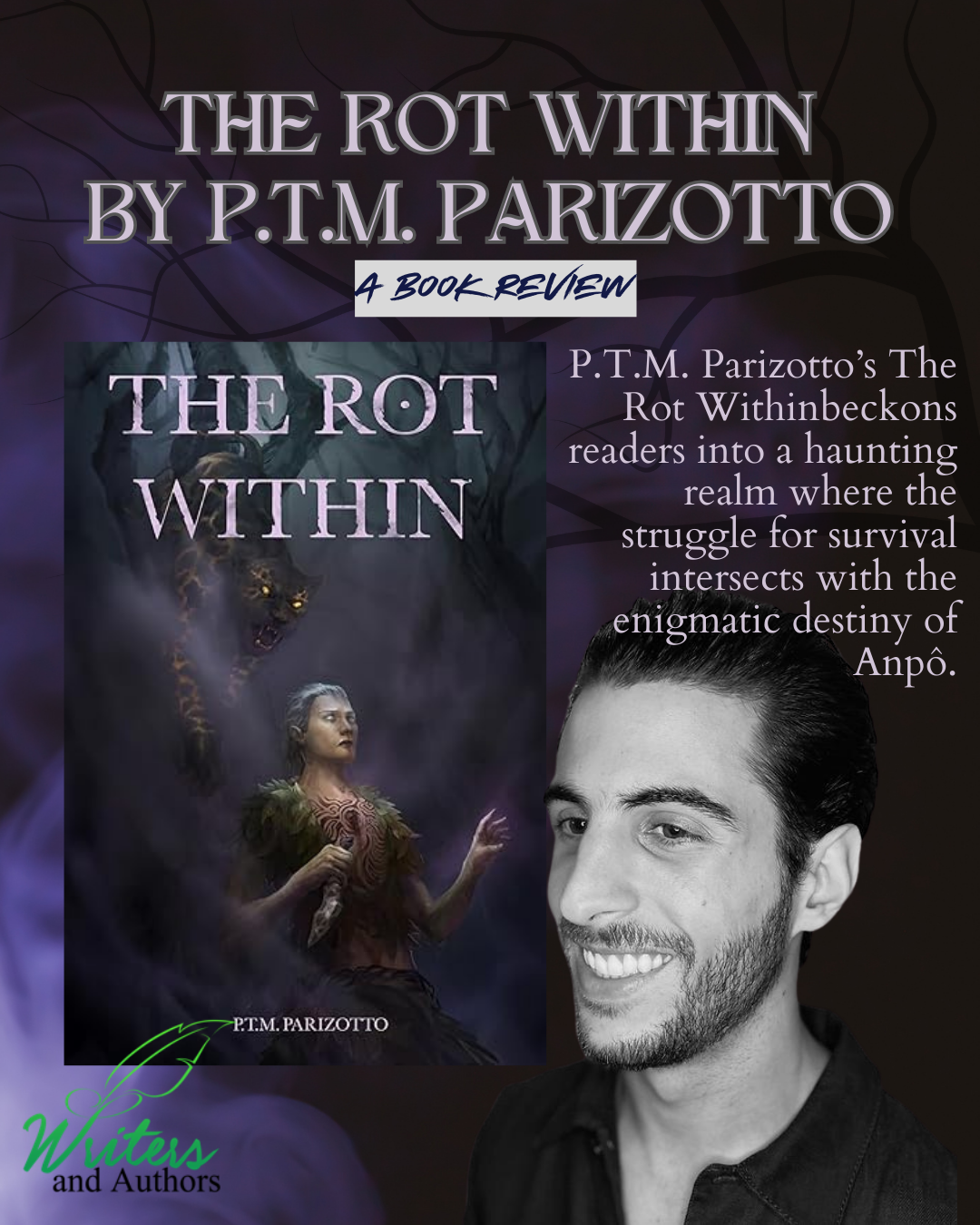Today, we’re privileged to engage in conversation with Andy Cohen, a distinguished TEDx speaker, author, and visionary leader on the global stage. Despite nurturing childhood aspirations of becoming a psychologist and earning a degree in experimental psychology, Andy’s unique path led him to the dynamic world of advertising. Presently at the helm as the Chief Assumption Officer of Andy Cohen Worldwide, an influential global advisory firm pioneering innovative strategies for multinational corporations. Andy is deeply committed to education, imparting his insights at prestigious institutions like New York, Cornell, and Duke University, both domestically and internationally. His literary journey echoes his passion for knowledge sharing, as evidenced by his debut book, Follow the Other Hand, which garnered a New York Times nomination and found resonance across multiple languages. With his latest offering, Challenge Your Assumptions, Change Your World, Andy continues to redefine perspectives. Join us as we delve deeper into Andy Cohen’s journey and explore the transformative power of questioning assumptions in shaping our world.
Do you have a favorite quote from your book?
Let’s start with the good news: You already know how to make assumptions. They are a natural component in your daily decision-making process, and you’ve been making them your whole life. The bad news is you’ve been taught “you shouldn’t assume,” which contradicts and undermines the assumption’s role in making smarter, better decisions. Attempting to avoid making assumptions is as impossible as trying to stop breathing. It can’t be done. Instead, you can learn to utilize your assumptions productively and in ways you haven’t imagined.
As a child, what did you want to do when you grew up?
In 3rd grade, I decided to become a psychologist. In college, I finished my degree in experimental psychology within three years. I was driven to become a Phd until I realized I had no interest in graduate school. So I tapped into my other childhood passion, advertising. I loved the power of a message delivered in a creative format, such as TV. My passion for understanding human behavior was then channeled into a career of creating award-winning adverting that generated measurable sales. Along the way I began to give keynotes and was fascinated with what type of content people engage in and the effect it had on their behavior in and out of the office. This led me to develop behavioral theories on making better, smarter, faster business decisions to help reframe a problem and think about it differently. So, perhaps I did achieve level of my childhood dream by helping people change their world, one assumption at a time.
When did you write your first book and how old were you?
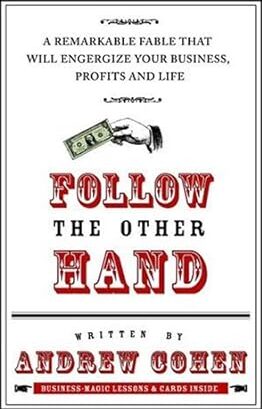 I love ideas and my favorite hobby was “thinking” about ways to do things differently. So I wrote a few stories as a kid but was hampered by a slight dyslexia. In fact, I never really read a whole book until 12th grade. But once I discovered reading I never stopped. But, the delay in reading had consequences. As my ability to organize thoughts was hindered and my first college paper generated the remark from my professor… “I would like to help you write better but I don’t know where to begin.” Seeking help, I ended up in a remedial writing class where the professor encouraged us to study an author’s style and mimic it. I thrived in this class and having an existing structure allowed me to channel my creativity in a productive way. I recognized my handicap and became an advertising copywriter that contained my writing to short paragraphs or thirty second scripts. My first book, Follow The Other Hand, was written with 9 months in 2006. My next book, Challenge Your Assumptions, Change Your World took 5 years.
I love ideas and my favorite hobby was “thinking” about ways to do things differently. So I wrote a few stories as a kid but was hampered by a slight dyslexia. In fact, I never really read a whole book until 12th grade. But once I discovered reading I never stopped. But, the delay in reading had consequences. As my ability to organize thoughts was hindered and my first college paper generated the remark from my professor… “I would like to help you write better but I don’t know where to begin.” Seeking help, I ended up in a remedial writing class where the professor encouraged us to study an author’s style and mimic it. I thrived in this class and having an existing structure allowed me to channel my creativity in a productive way. I recognized my handicap and became an advertising copywriter that contained my writing to short paragraphs or thirty second scripts. My first book, Follow The Other Hand, was written with 9 months in 2006. My next book, Challenge Your Assumptions, Change Your World took 5 years.
How did you begin writing? Did you intend to become an author, or do you have a specific reason or reasons for writing each book?
I had so many ideas floating in my head I needed to write; on yellow lined paper, napkins and tablecloths. Biking in Europe I discovered notebooks in graph paper format, I was in heaven. I also discovered the orange pen in Europe (a color that didn’t exist in the US) and bought dozens of them. Something about the brilliancy of the color made writing more fun. Over time I then discovered that I could stimulate thinking by changing colors as well as the type of pen. My point is that I never considered myself a writer because of my handicap in spelling, grammar and structure. I wrote lots of professional articles but that wasn’t the same as being an “author”. I channeled my handicap into speaking; sharing ideas verbally. A literary agent saw my keynote and approached me to write a book and help me develop the confidence and discipline to write it. It was hard, but I loved it. The second book was much harder. And now I am already thinking of my next book. My goal in writing is to help people tap into their potential, change and find ways to reach their goals.
What would you say is your interesting writing quirk?
I get “idea” flashes and write them down on any writing surface. Then I forget about them or can’t find them as I move onto the next idea. The challenge for me is corral what I have already written, stay with it and explore its depth. I am always fighting this as the excitement of the next idea buries the old one. Another quirk is wrestling with typing vs hand written. I still favor the tactical experience of the latter, though the former is easier to organize. So I employ both.
Do you like to create books for adults, youth and/or children? Why?
I write for adults in the business world because that is what pays the bills. But one of the rewards of writing is when someone reads my book and shares how it changed their personal life. I also like helping children and teens, either coaching on the field or lecturing in a school. One day, I would like to translate my writing into a format that helps children understand how to manage their assumptions, especially around fear and self worth.
How many books have you written? Which is your favorite?
Two books; Follow the Other Hand and Challenge Your Assumptions, Change Your Life. I love each one as one would love their two children; both have different personalities yet they both make you smile.
How long does it take you to write a book?
My first book took 9 months from book proposal to finish. The second took 5 years. I am curious to see how long book three will take.
How many hours a day to you devote to writing? Do you write a draft on paper or at a keyboard (typewriter or computer)?
Writing is lonely and I knew I was in trouble at times when I would either look at the clock or focus on what I was going to have for lunch as soon as I woke up in the morning. But I also knew I was on to something when I lost track of time while writing. What a glorious feeling of being in the zone. To make the writing more interesting I alternate formats; computer, paper, notebook, tablecloth, etc.
What does your family think of your writing?
Not sure, I will need to ask them. Interesting question.
What do you like to do when you’re not writing?
Thinking is a hobby for me. If a friend shares an issue about something find my mind drifts to helping them find a solution, even days later. I have “idea” stickers all over my office. But I stay active; exercise and tennis. My wife and I like traveling. Having a pint with a buddy is always fun. I do devour series shows from Netflix, Amazon and HBO. My dream is to help coach a high school Lacrosse team, go back to playing the flute and start performing magic again.
What do you think makes a good story?
Finding the kernel of truth about someone’s life or your life is the basis of any story. You build from there. I found that uncovering this “kernel” made for the most engaging ads I have created or chapters I have written.
What was one of the most surprising things you learned in creating/writing your books?
When I first started writing, I asked a seasoned author for advice regarding the biggest obstacle I will face. He shared his wisdom with me and I immediately dismissed it assuming it didn’t apply to me. Turned out, this is an important assumption all writers need to challenge. What were his words of wisdom regarding a writer’s toughest challenge? “Starting” is what he told me. And for me, it’s true.
What authors do you like to read? What book or books have had a strong influence on you or your writing?
My list of favorite authors is quite long. It’s easy to answer this question by looking what is on my shelf of books that I am reading or have read.
Twelve Years by Joel Agee
The Power of the Dog and The Cartel by Don Winslow
Cutting for Stone by Abraham Verghese
Little Brother by Cory Doctorow
Shimbumi by Trevanian
Levels of the Game by John McPHee
Encounters by Nan Rubin
Plus, I listen to audiobooks when I am exercising, like Winter of the World by Ken Follet or Zero to One by Peter Thiel
Do you hear from your readers much? What kinds of things do they say?
People often ask me if the characters in my first book are real. I love this question because it shows they are engaged in the book. The pre-reviews for my new book are rewarding because they reflect the range of businesses that my writing can influence. Praise is great, but it would be nice to hear more from people that don’t like your work, find it confusing or don’t get it. You learn a lot from these conversations and get to see things from their point of view. Which, in turn, makes your writing better.
Where do you get your information or ideas for your books?
Everywhere. Every conversation. Walk outside. Visit to a museum. Books I read. You get the point.
Do you have any suggestions to help one become a better writer? If so, what are they?
Write. The art evolves out of practice. Also, don’t edit as you write. Get it down and then come back to it.
Do you meet your readers at book signings, conventions, or similar events?
All the time. It’s always a fun experience.
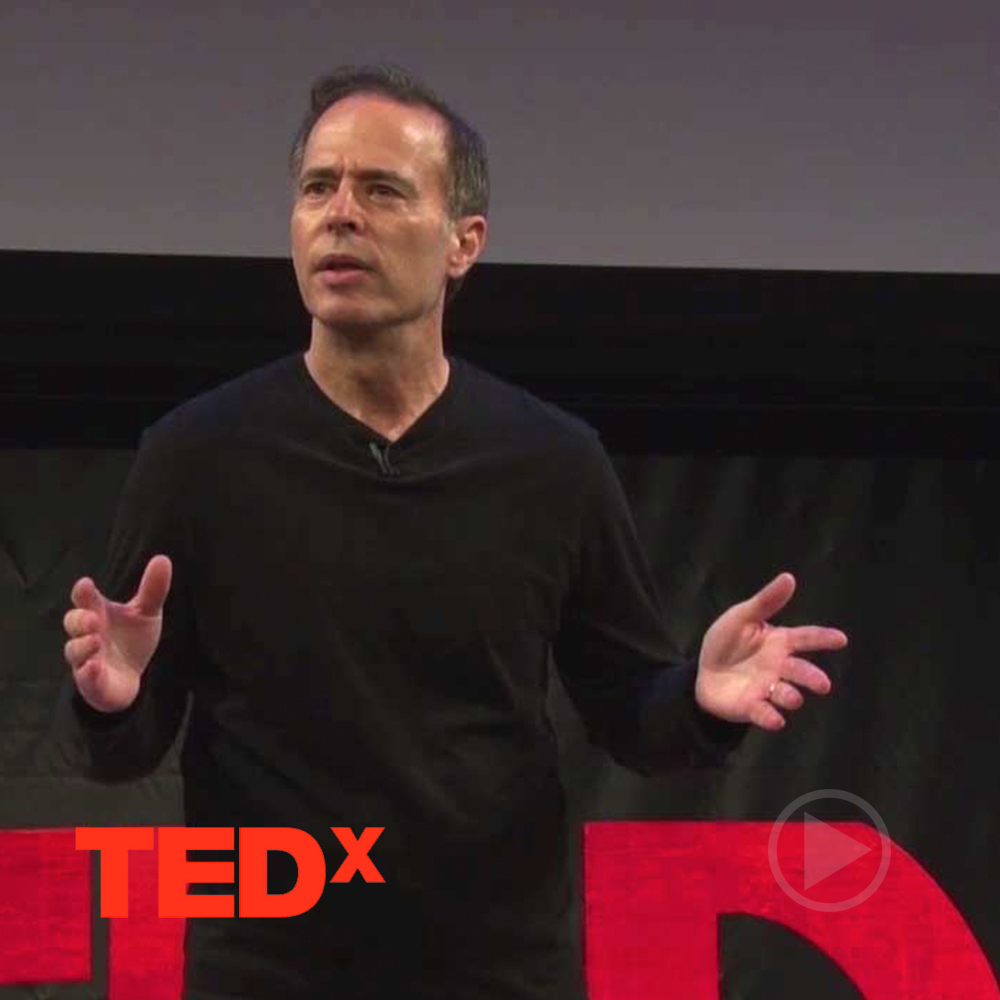 Tell us about your most recent book.
Tell us about your most recent book.
Challenge Your Assumptions, Change Your World introduces the Assumpt!. This breakthrough strategy helps you make better business decisions, faster and smarter. It’s goal is to help you see things for what they are and are not. The process takes a creative and cerebral look at how we think and provides tools to reframe a problem; allowing you to think differently and see solutions that a moment ago, didn’t exist. The engine driving the process is gaining the ability to identify, manage and challenge key assumptions that act as barrier to growth and change.
What’s more important: characters or plot?
Plot is the glue that makes a story stick. Characters enhance that stickiness. But even great characters can’t keep a poor plot alive. The reader eventually drifts away.
How do books get published?
Many different ways; uncovering a niche, pure passion, meeting a marketing need, writing a great story that attracts others attention, having a good marketing list and a strong social media following.
Do you write every single day?
Yes.
Ballpoint, uniball or fountain pen?
My favorite is my mechanical pencil. The Pentel was my first choice. Small yet easy to hold. I have had three of them and they all jam. So I gave up on them. Now I write with a Farber Castell. But I also love writing with uniballs, the flow is great. Then again, I have a cool ball pint from Virgin Atlantic, which is streamlined like a jet. Fun to write with. I will switch from blue ink to black. If I spot a sharpened Yellow #2, I use it. Switching writing devices helps keep writing fresh.
Any writing rituals?
Clear my desk or change my environment when I am stuck and writing comes to a standstill.
What’s the worst job you’ve had?
When I did a magic show to make extra money and was asked to use the “servants” entrance when coming to someone’s home. Never happened before and glad it never happened again.
Tell us some more about your books.
I use lots of personal stories about myself as well as others. These types of stories help us to understand that we are not alone in the many issues we face.
Are you planning to adapt any of your stories to the screen?
Depends on how you define “screen”. I have filmed special segments of my book so that you can watch them on your computer screen or phone screen. As far as the “big” screen, I have to wait until I try my hand at writing some fiction.
How hard is it to establish and maintain a career in writing?
Writing is hard. It takes practice and a belief in yourself. It’s an act of faith with no guarantees of how the public will respond. If you are willing to accept that, then give it a shot.
Any last thoughts for our readers?
Thanks for the questions. They were fun to answer.
Find the Author
Challenge Your Assumptions, Change Your World
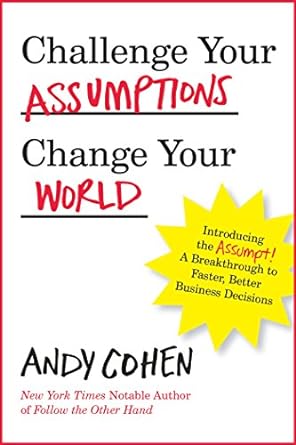 This New York Times notable author argues that it’s better to recognize and manage your assumptions, otherwise your assumptions manage you. But how do you identify your assumptions? How do you separate the ones which are dangerous from the ones that are healthy? How do you leverage your assumptions to make faster, smarter decisions? This book gives you leadership strategies and tools that enhance your ability to manage problems and find creative solutions–in business and life:
This New York Times notable author argues that it’s better to recognize and manage your assumptions, otherwise your assumptions manage you. But how do you identify your assumptions? How do you separate the ones which are dangerous from the ones that are healthy? How do you leverage your assumptions to make faster, smarter decisions? This book gives you leadership strategies and tools that enhance your ability to manage problems and find creative solutions–in business and life:
*Discover why there is an assumption within every decision
*Learn how IQ, Talent and Success have nothing to do with making smart decisions
*Spot Dangerous Assumptions through a unique Data Base of common believes treated as truths
*Enjoy real stories and case histories that show you the best way to manage your assumptions
Challenge Your Assumptions, Change Your World is full of big ideas—it’s a unique book that will change how you make decisions and in turn increase your success in business and life.
